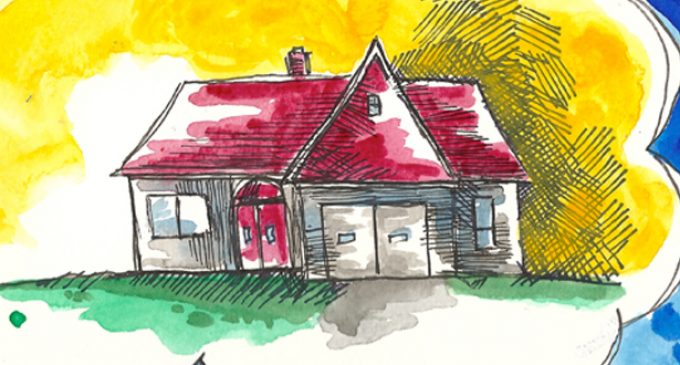Advocates bracing for decision

After striking down a key provision of the Voting Rights Act in 2013, the U.S. Supreme Court is preparing to weigh in on another key piece of Civil Rights legislation: the 1968 Fair Housing Act.
The Supreme Court heard arguments in Texas Department of Housing and Community Affairs v. The Inclusive Communities Project in January and is expected to rule on it this summer. The case involves a key provision of the Fair Housing Act that states even if there is no intentional racism, that housing practices cannot have “disparate impact” against a particular race, color, gender, religion, national origin, or people with disabilities.
Both local and state organizations that deal with Fair Housing cases are waiting to see what the court does, since many of their cases involve more subtle forms of discrimination.
“It’s very seldom where you get a case that has a smoking gun, you know, have someone who maybe used racial slurs or someone who put in writing they don’t rent to certain people who are in those protected classes, so the cases don’t come neatly packaged that way,” said Wanda Allen-Abraha, director of the city’s Human Relations Department that handles housing complaints.
Human Relations Department, which mediates landlord/tenant disputes, has about 110-120 residential cases a year. Of those, about a dozen are usually fair housing claims, which involves a belief or accusation of discrimination by a tenant who is part of a protected class. As a partner with the U.S. Department of Housing and Urban Development, the case is filed with HUD and investigated by Human Relations staff, who act as a neutral party in the dispute. If a case for discrimination is found, then its referred to the city attorney, though Allen-Abraha said they’re usually settled before they go to court. Of the 60 discrimination cases the department has had in the last five years, 33 have been based on national origin, 17 on race, seven on gender and seven on disability. Cases can be appealed to the Human Relations Commission and legal action can be pursued regardless of the department’s ruling.
The Winston-Salem office of Legal Aid of North Carolina, currently has 11 fair housing cases open. Liza Baron, supervising attorney of it’s General Practice Unit that includes housing cases, said discrimination can take many forms, including not making accommodations to the handicap and fabricating reasons to evict an interracial family. She said the provision being debated is both clear and needed.
“I think it’s very alarming and very disconcerting because if they do come down the way some folks think they will, it will make it much harder to litigate on behalf of victims of housing discrimination and probably reverse years of advocacy and gains in the courts.”
However, she said, North Carolina has it’s own Fair Housing Act that is equivalent to the federal one. This would allow lawyers to use disparate impact with the state law, though without the federal law and the option to go to federal court, the case would be weaker. Most other states, however, don’t have disparate impact in their housing laws.
Jeff Dilliman co-director of the state Legal Aid’s Fair Housing Project, also said the provision is needed because discrimination is rarely overt anymore. He said he’s concerned the high court is taking the case just to change the law, since there’s no disagreement on it in the lower courts.
“Every court of appeals that has looked at this across the country has come down on the same side, that there’s a right under the Fair Housing Act to bring what’s called the disparate impact case,” he said.
But it’s not just individual tenet cases that it’ll effect. Richard Moye, an assistant professor of sociology at Winston-Salem State University, is concerned it’ll effect cases of discriminatory practices in lending and other housing policies that lead to segregated housing.
The case before the Supreme Court, is one example. It involves the non-profit Inclusive Communities suing the Texas state authority for assigning most of its affordable housing tax credits to black neighborhoods.
A federal judge didn’t find intentional racism, but that it unacceptably increased housing segregation and that the tax credits should have been more evenly distributed.
Moye said there have been gains in desegregating neighborhoods every decade since the Fair Housing Act went into effect, most of which have come from blacks moving into white neighborhoods. He said if the court strikes down disparate impact, that progress may come to a halt.
“I think it’s been a powerful tool,” he said of the Housing Act.











